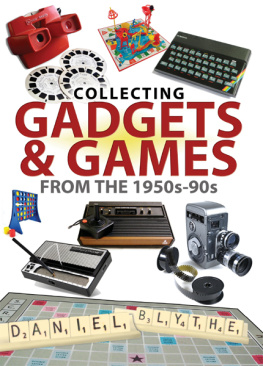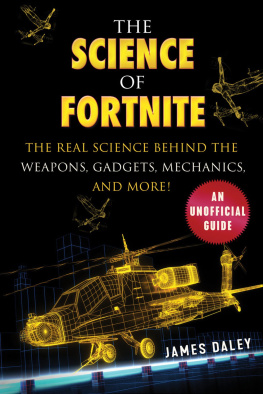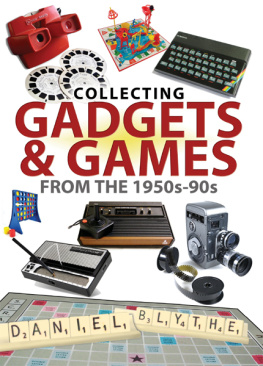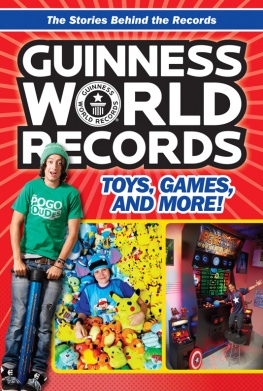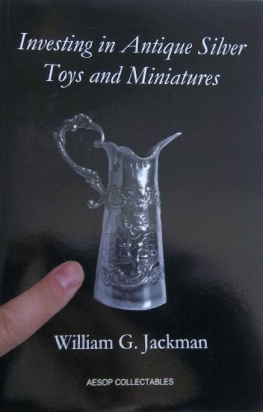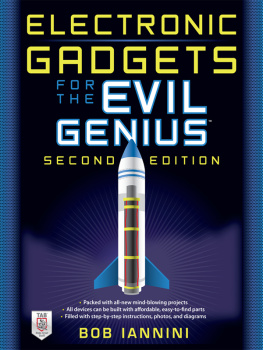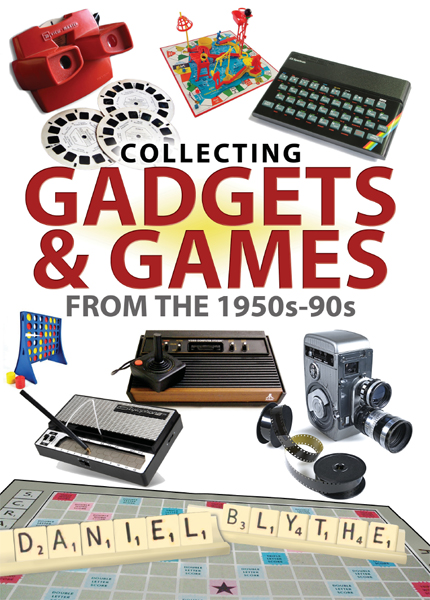

First published in Great Britain in 2011 by
Remember When
an imprint of
Pen & Sword Books Ltd
47 Church Street
Barnsley
South Yorkshire
S70 2AS
Copyright Daniel Blythe, 2011
ISBN: 978-1-84468-105-1
eISBN: 9781781599662
The right of Daniel Blythe to be identified as Author of this Work has been asserted by him in accordance with the Copyright, Designs and Patents Act 1988.
A CIP catalogue record for this book is available from the British Library.
All rights reserved. No part of this book may be reproduced or transmitted in any form or by any means, electronic or mechanical including photocopying, recording or by any information storage and retrieval system, without permission from the Publisher in writing.
Pen & Sword Books Ltd incorporates the Imprints of Pen & Sword Aviation, Pen & Sword Family History, Pen & Sword Maritime, Pen & Sword Military, Pen & Sword Discovery, Wharncliffe Local History, Wharncliffe True Crime, Wharncliffe Transport, Pen & Sword Select, Pen & Sword Military Classics, Leo Cooper, The Praetorian Press, Remember When, Seaforth Publishing and Frontline Publishing.
For a complete list of Pen & Sword titles please contact
PEN & SWORD BOOKS LIMITED
47 Church Street, Barnsley, South Yorkshire, S70 2AS, England
E-mail: enquiries@pen-and-sword.co.uk
Website: www.pen-and-sword.co.uk
Contents
Introduction
What enabled Homo sapiens to become the dominant species on Earth? Many experts say its our wonderful brains, whose complexity could not be reproduced without building a computer the size of Tokyo. Some say its our resourcefulness, our indomitable nature, our ability to bounce back from every disaster. And some would suggest its our innate ability to exterminate the competition.
But some have argued that its much simpler than that. Perhaps our possession of the opposable thumb is that key biological trait the talent which enables us to be tool-makers. From the first Bronze Age axe-wielders to the armourers and blacksmiths of the Middle Ages and the jewellers, microsurgeons, plumbers and programmers of today, we use our hands to do and make things. And thats the human race all over, if you think about it. We create. We make things. We make what you might call stuff. We leave objects for posterity.
Sometimes, we make too many things and are not sure where we ought to leave them all. To attempt to climb Everest was a brave and noble idea back in 1953, but you rather feel that if a time-traveller from 50 years in the future had shown Sir Edmund Hillary a picture of the landfill site it was to become, he might not have bothered. Human history might well have turned out very differently maybe wed have given up on the idea of mountain climbing, and never even continued the long look upwards which got us on the moon 16 years later.
Someone who was born just before Neil Armstrongs giant leap can often find the plethora of objects with which the world is cluttered vastly bewildering. But this is how, as humans, we make our mark on the world: its almost as if something isnt really there unless we have built something on it, made something out of it, taken a photograph of it or stuffed it and served it up on a platter with a lemon in its mouth. Or sometimes all four. Our legacy to the world, when the human race is finally extinguished, will be all our things, our objects. Everything from the wheel and the axe to the technology which has brought us broadband internet, wi-fi and instant sushi bars. We make the culture we live in; we manufacture our environment like no other creature on the planet.
But its amazing how quickly our creations become obsolete. If you look at a wedding photograph from 1975, it wont be the trees or the sky which help you to pin the date down, itll be the bloke with the Noddy Holder sideburns and kipper tie, or the woman with the Yoko parting, hideous floral print dress and huge glasses. Plus, of course, the waiting car, which will look like a chunky, industrial museum-piece. Look at the mid-eighties: MTV is a shiny new idea, as is the ability to record a TV programme and watch it later. Its less than a generation, too, since inventor Sir Clive Sinclair chugged along in his C5 (and was, for a few weeks, taken seriously as a saviour from traffic congestion). And if you travel back in time to somewhere even as recent as the mid-nineties, youll be shocked: all those students with their Jarvis Cocker haircuts and Blur T-shirts, using their wheezing Word for Windows 2.0 to write essays, using clunky old Telnet for their Internet access and not walking around with mobile phones.
The landscape changes imperceptibly as we make new objects and our old ones fall into disuse. The red telephone box, for example, used to be as much a part of a village green as a pub, a pump and a maypole. For a while, those clear plastic booths started to replace them, to the horror of preservation societies across the land. And now, the red phone box is a relic. First the Police Box slipped quietly into obscurity as police acquired hand-held radios. And now the telephone box too has dematerialised, as it sadly cant compete with the little space-age silver boxes which can send digital pictures, play miniature versions of Space Invaders and assault the ears of fellow passengers with a rendition of the Crazy Frog ringtone.
There are many things the human race has made which are just too new to be put into a glass case and admired, and yet are too old to be used any more. If you are a youngish or middle-aged adult today, the chances are that you were, at some point, fascinated by the process of making an instant Vesta Curry, or taking a photograph with a Polaroid and watching the ghosts slowly resolve themselves into blue-tinged images of your friends and family. You may have wondered how on earth to get out of the Goblins Dungeon in the computer adventure game Hobbit, or buzzed around a virtual maze eating the Pac-Man pills. The Rubik Cube kept an entire generation in thrall, until someone found and published the solution these days, the code would be on a website before the toy was even on sale. Perhaps you watched the first-ever Space Shuttle launch on a tiny portable television, or listened to your first C60 tape compilation on an early Sony Walkman with bright red headphones. You may even have been skateboarding as you did so. Perhaps, like Jason Donovan in Neighbours, you skateboarded down the hill to work while wooing the local bubble-permed sex goddess. Perhaps not.
We entertained ourselves in ways which seemed sophisticated at the time the white heat of technology gave way to the soft green glow of the electronic age. Children hunched over the all-knowing Simon toy, ready to reproduce the ever-more-complex melodies which he threw at them. The power of a tape-to-tape sound system meant that you could record your friends copy of Now 3 for your own listening. And can there be any former schoolchild alive who didnt put the number 5318008 into a pocket calculator, then turn it upside-down to giggle insanely at the result?
We now live among a generation who find cassette tapes to be a curio, items of nostalgia value which one might see on Ashes To Ashes or Life On Mars. Like jukeboxes, they and the machines that played them are now quaint, associated with the music of a particular era. So how long before the mp3 player goes the same way? As the music industry strives to produce sound which is bigger, better, sharper, clearer, are we losing the organic, raw feel of the old vinyl records? And just what will remain, in 20 years time, to play your double cassette version of Now 47?
Next page
